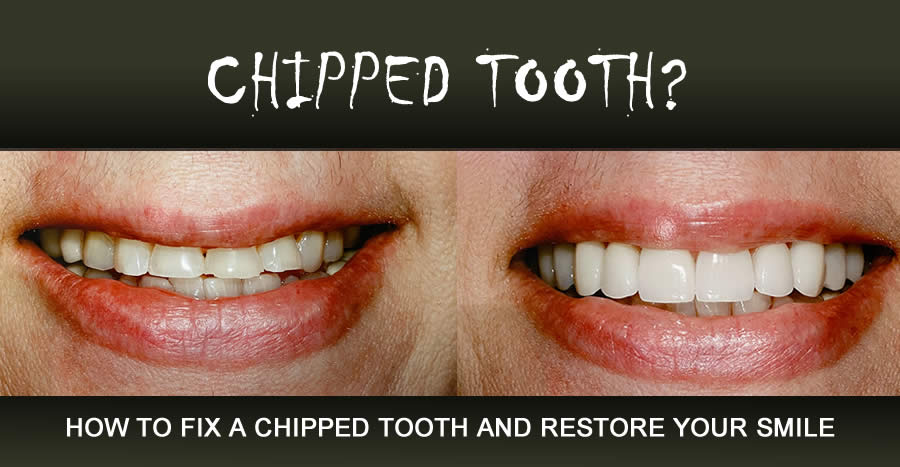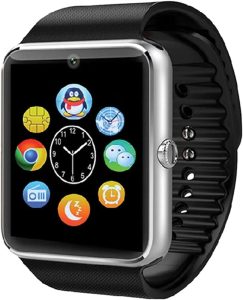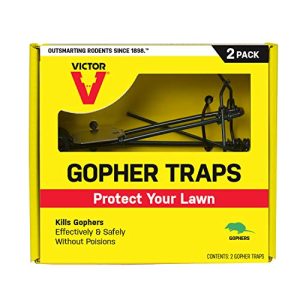Contents
- Understanding a Chipped Crown
So, you’re rocking a chipped crown and wondering how in the world you can fix it without breaking the bank? Well, you’re in luck! In this article, we’re going to spill the beans on the cost of fixing a chipped crown and give you all the tips and tricks you need to restore your pearly whites to their former glory. Say goodbye to those self-conscious smiles and get ready to show off your flawless smile once again!
Understanding a Chipped Crown
A chipped crown can be a cause for concern, but understanding the causes, signs and symptoms, and treatment options can help you navigate this dental issue with ease. In this article, we will cover everything you need to know about a chipped crown, from immediate actions to take, to consulting a dentist, cost of fixing a chipped crown, preparing for the procedure, the fixing procedure itself, aftercare and recovery, preventing future chipped crowns, as well as possible complications and risks.
Causes of a Chipped Crown
A chipped crown can occur due to various reasons. Some common causes include biting down on hard foods or objects, accidents or injuries, teeth grinding or clenching, and natural wear and tear over time. It’s important to note that even a well-cared-for crown can chip under certain circumstances, so being aware of these causes can help you minimize the risk of such incidents.
Signs and Symptoms of a Chipped Crown
Identifying a chipped crown is crucial for timely treatment. Keep an eye out for signs such as visible cracks or chips in the crown, sensitivity or pain when biting down, discomfort while chewing, or a change in the crown’s appearance. If you experience any of these symptoms, it’s essential to take immediate action to avoid further damage and alleviate any discomfort.
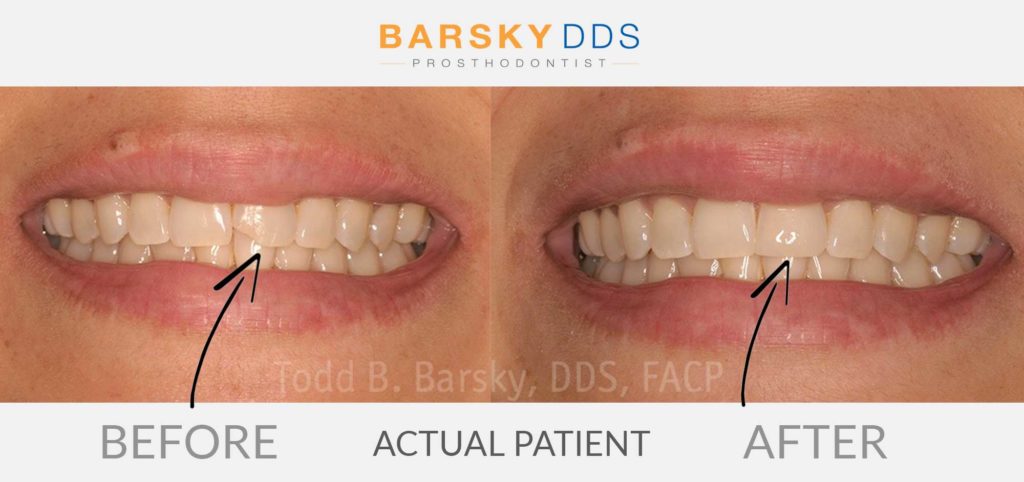
Immediate Actions
When you discover a chipped crown, taking immediate actions can play a vital role in preserving the crown and preventing further damage.
Avoiding Further Damage
To avoid exacerbating the chipped crown, it is crucial to avoid chewing on hard or sticky foods that could potentially dislodge or damage the crown. Opt for softer foods that are easier to chew and won’t put additional stress on your crown.
Preserving the Chipped Crown
If you can locate the chipped portion of the crown, try to save it. Gently rinse it with warm water, being careful not to damage it further. The dentist might be able to reattach the chipped piece, saving you from needing extensive repairs or a complete crown replacement.
Taking Over-the-Counter Pain Relief
If you experience any discomfort or sensitivity, over-the-counter pain relief medications can help alleviate the symptoms temporarily. However, it is important to consult your dentist before taking any medication, especially if you have any underlying medical conditions or are taking other medications.
Consulting a Dentist
While immediate actions can provide temporary relief, it is crucial to consult a dentist as soon as possible to address the chipped crown effectively.
Why a Dentist Visit is Necessary
A dentist visit is necessary to assess the chipped crown accurately and determine the best course of action for repair or replacement. A dentist has the expertise and equipment to thoroughly examine the crown, ensure there are no underlying issues, and provide personalized advice and treatment.
Choosing a Qualified Dentist
When selecting a dentist for your chipped crown consultation and treatment, it is essential to choose a qualified professional. Look for a dentist who specializes in restorative dentistry or has a proven track record of successfully repairing chipped crowns. Reading reviews and seeking recommendations can also help you find the right dentist for your needs.
Preparing for the Appointment
Before your appointment, make sure to gather any relevant information about your dental history and have a list of questions or concerns you may want to discuss with the dentist. This will help you make the most out of your visit and ensure that all your needs and expectations are addressed.
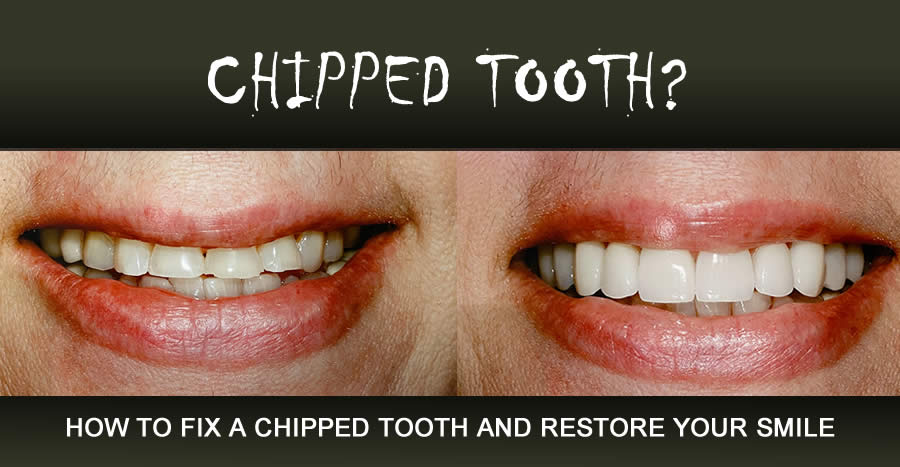
Treatment Options
Once you visit a dentist, they will assess the extent of the chipped crown and recommend the most suitable treatment option for your specific case. Here are some common treatment options:
Filling
If the chip in your crown is small and doesn’t affect its structural integrity, the dentist may choose to fill it in with a tooth-colored composite resin. This procedure is quick and minimally invasive, helping restore the appearance and functionality of the crown.
Reshaping
In some cases, the chipped crown may only require reshaping to smooth out the edges and remove any sharp points. This can be done by the dentist using specialized tools to carefully reshape the crown, ensuring a comfortable fit and an aesthetically pleasing appearance.
Bonding
If the chipped portion of the crown is larger or affects its stability, the dentist may recommend bonding. This involves using a dental adhesive and composite resin to bond the chipped piece back to the crown. Bonding can be an effective and conservative option to repair a chipped crown, provided the chipped piece is intact and in good condition.
Using a Crown Repair Kit
In some cases, a minor chipped crown can be repaired using a crown repair kit available over-the-counter. These kits typically contain dental cement and instructions for self-application. However, it is important to note that using a crown repair kit should only be considered as a temporary solution until you can see a dentist for a proper evaluation and professional repair.
Replacing the Crown
If the chipped crown is extensively damaged or the underlying tooth is affected, replacing the crown may be the most suitable option. Your dentist will assess the situation and discuss with you the process of removing the damaged crown and fitting a new one. This option ensures the longevity and effectiveness of your dental restoration.
Cost of Fixing a Chipped Crown
The cost of fixing a chipped crown can vary depending on various factors.
Factors Affecting the Cost
The factors that can influence the cost include the severity of the chip, the location of the chipped crown, the treatment option chosen, the dentist’s fees, and any additional procedures required. The cost may also vary depending on your geographical location and the dental clinic you choose.
Average Cost Range
On average, repairing a chipped crown can range from $300 to $1,500 or more, depending on the factors mentioned above. It’s essential to consult with your dentist and get a personalized estimate based on your specific case.
Insurance Coverage
Dental insurance plans may provide coverage for chipped crown repairs or replacements, but the extent of coverage can vary. Contact your insurance provider to understand the terms and conditions of your policy and verify what costs may be covered.
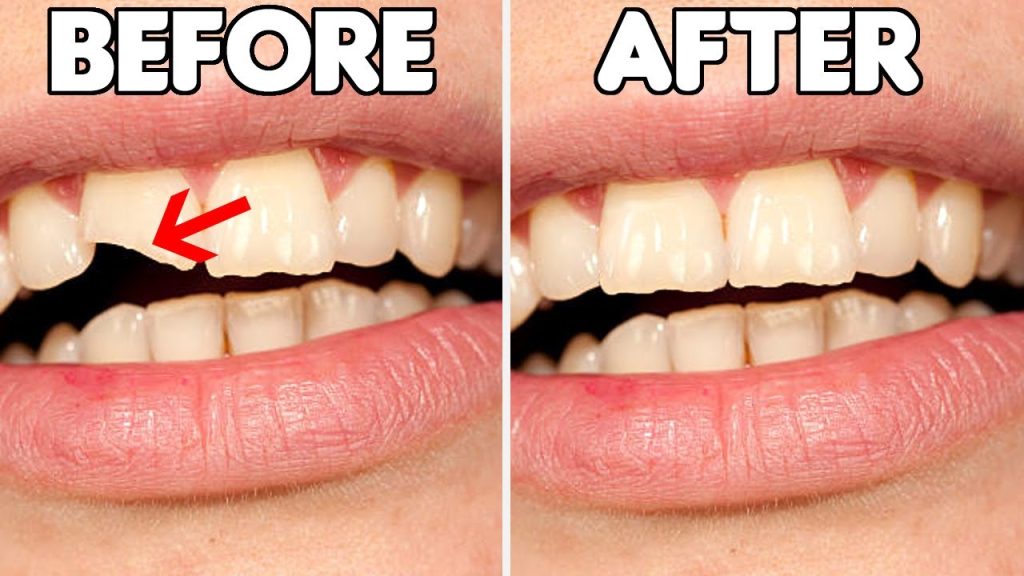
Preparing for the Procedure
Before undergoing the procedure to fix your chipped crown, it is essential to adequately prepare yourself.
Discussing Concerns and Expectations
During your consultation with the dentist, be sure to discuss any concerns or questions you may have about the procedure. This will help alleviate any anxiety or uncertainty and ensure that the treatment plan aligns with your expectations.
Understanding the Procedure
Having a clear understanding of the procedure can help ease any anxiety you might have. Your dentist will explain each step of the process, including anesthesia, tooth preparation, and the specific repair technique chosen for your chipped crown. Feel free to ask any questions to ensure you have a complete understanding of what will happen during the procedure.
Managing Anxiety or Fear
If you feel anxious or fearful about the procedure, let your dentist know. They can provide various techniques to help manage anxiety, such as conscious sedation or using relaxation techniques. Open communication with your dental provider is key to ensuring a comfortable and stress-free experience.
The Chipped Crown Fixing Procedure
During the actual chipped crown fixing procedure, several steps are involved to restore the crown to its original form and function.
Numbing the Area
Before any work is done on the chipped crown, the dentist will numb the area surrounding the tooth using local anesthesia. This ensures that you are comfortable throughout the procedure and don’t experience any pain or discomfort.
Removing Damaged Parts
Once the area is numb, the dentist will carefully remove any damaged or loose parts of the chipped crown. This may involve taking precise measurements and shaping the tooth to ensure proper fit and alignment of the repaired or replaced crown.
Reshaping the Crown
For cases where reshaping is necessary, the dentist will use specialized tools to carefully smooth out any rough edges or sharp points. This step helps ensure a comfortable fit and minimize any potential irritation in the future.
Applying Repair Materials
Depending on the chosen treatment option, the dentist will either apply dental adhesive and composite resin to bond the chipped piece back to the crown or use tooth-colored filling material to fill in the chip. This step requires precision and expertise to ensure a strong and aesthetically pleasing repair.
Polishing and Final Adjustments
Once the repair materials have been applied, the dentist will polish the chipped crown to ensure a smooth and natural appearance. They will also make any necessary adjustments to the fit and alignment, ensuring that it feels comfortable and functions properly.
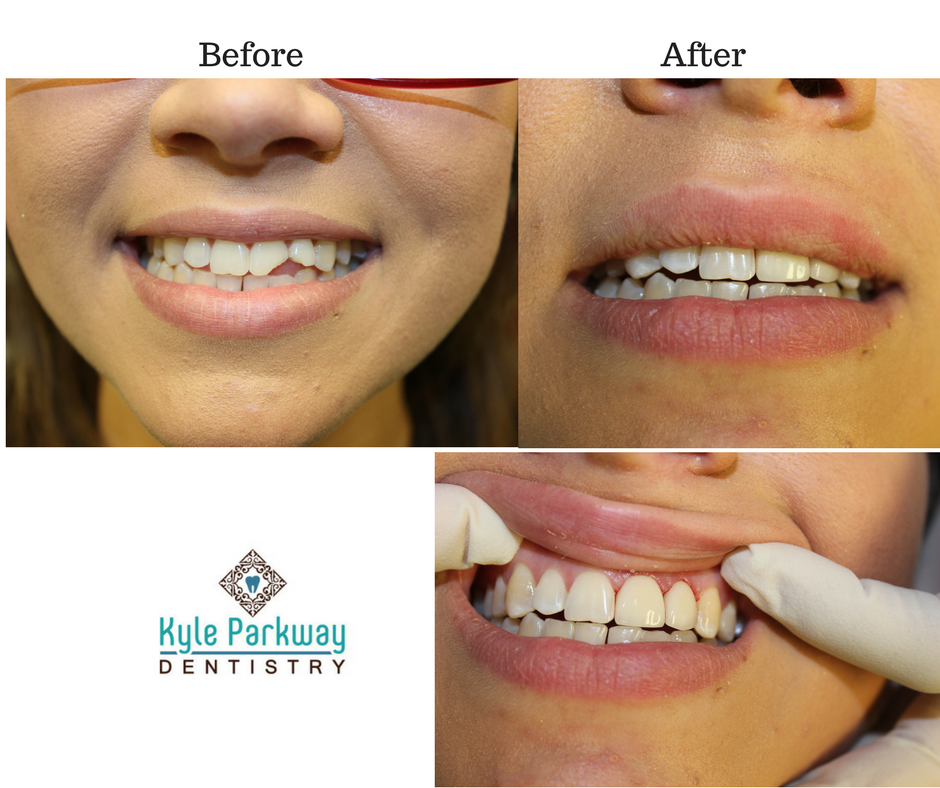
Aftercare and Recovery
After the chipped crown fixing procedure, proper aftercare is essential for optimal healing and long-term success.
Diet and Eating Restrictions
Initially, you may need to avoid eating hard, crunchy, or sticky foods to prevent any damage to the repaired or replaced crown. Your dentist will provide specific dietary guidelines based on your individual case. Gradually, as the healing progresses, you can resume a regular diet.
Maintaining Oral Hygiene
Proper oral hygiene is crucial in preventing potential dental issues and maintaining the longevity of your chipped crown. Make sure to brush your teeth twice a day, floss regularly, and rinse with a dentist-recommended mouthwash. Additionally, keeping up with regular dental check-ups and cleanings will help monitor the condition of your crown and overall oral health.
Managing Sensitivity or Discomfort
It is common to experience some sensitivity or discomfort after the procedure. Using a toothpaste designed for sensitive teeth and rinsing with a fluoride mouthwash can help alleviate these symptoms. If the sensitivity persists or worsens, contact your dentist for further evaluation.
Revisiting the Dentist for Check-ups
Regular check-ups are essential to ensure the chipped crown is functioning correctly and monitor its longevity. Your dentist will schedule follow-up appointments to examine the repaired or replaced crown, address any concerns, and make necessary adjustments if needed.
Preventing Future Chipped Crowns
While accidents or unforeseen circumstances can always happen, there are preventive measures you can take to reduce the risk of future chipped crowns.
Adopting Proper Oral Hygiene
Maintaining good oral hygiene habits, such as brushing twice a day, flossing, and using mouthwash, can help keep your teeth and crowns strong and healthy. Regular dental check-ups will also allow your dentist to identify and address any potential issues early on.
Avoiding Harmful Habits
Avoid habits that can potentially damage your teeth, such as biting nails, chewing on hard objects like ice or pens, or using your teeth as tools. These habits can put unnecessary stress on your crowns and increase the risk of chipping.
Using Mouth Guards
If you engage in physical activities or sports where there is a risk of oral trauma, using a mouthguard can provide an added layer of protection for your teeth and crowns. Custom-fitted mouthguards obtained through your dentist offer the best fit and maximum protection.
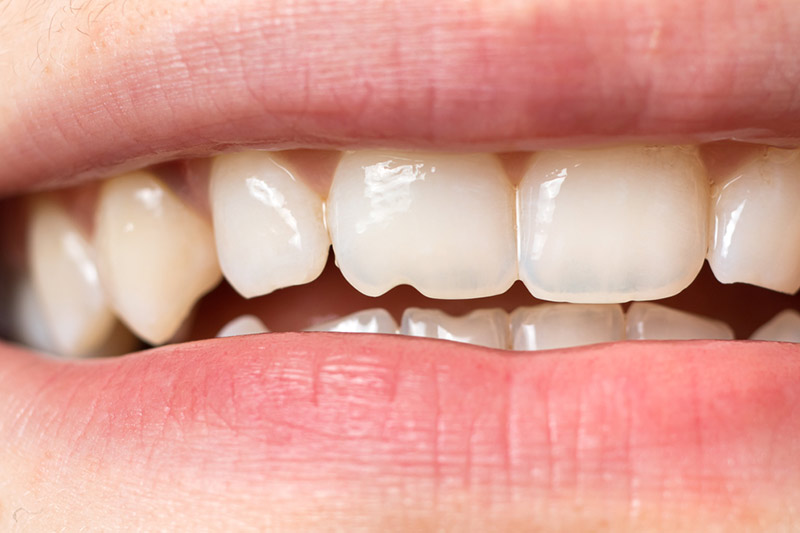
Possible Complications and Risks
While the majority of chipped crown repairs are successful, there are potential complications and risks to be aware of.
Allergic Reactions
Some individuals may be allergic to the materials used in the repair or replacement of a chipped crown. If you have a known allergy or experience any adverse reactions, inform your dentist immediately.
Sensitivity Issues
After the procedure, you may experience temporary sensitivity in the treated tooth or surrounding gums. This can often be managed with over-the-counter sensitivity toothpaste or prescribed desensitizing agents. If the sensitivity persists or worsens, contact your dentist for further evaluation.
Infection
Although rare, there is a small risk of infection following a chipped crown repair or replacement. To minimize this risk, follow your dentist’s aftercare instructions diligently and maintain good oral hygiene.
Improper Fit
In some cases, a chipped crown may not fit correctly after repair or replacement, resulting in discomfort or functional issues. Regular check-ups with your dentist will help identify and address any fit-related concerns promptly.
Damage to Adjacent Teeth
During the chipped crown fixing procedure, there is a slight risk of inadvertently damaging the adjacent teeth. Your dentist will take all necessary precautions to minimize this risk, but it’s important to be informed of potential complications.
In summary, a chipped crown can be effectively treated by taking immediate actions, consulting a qualified dentist, and undergoing the appropriate treatment. The cost of fixing a chipped crown can vary based on factors such as the severity of the chip and the chosen treatment option. Proper preparation, understanding the procedure, and maintaining aftercare and good oral hygiene are crucial for successful recovery and preventing future chipped crowns. While complications and risks are rare, it’s important to be aware of them and seek professional care if any concerns arise. By staying informed and proactive, you can ensure the longevity and functionality of your chipped crown and maintain a healthy, confident smile.

